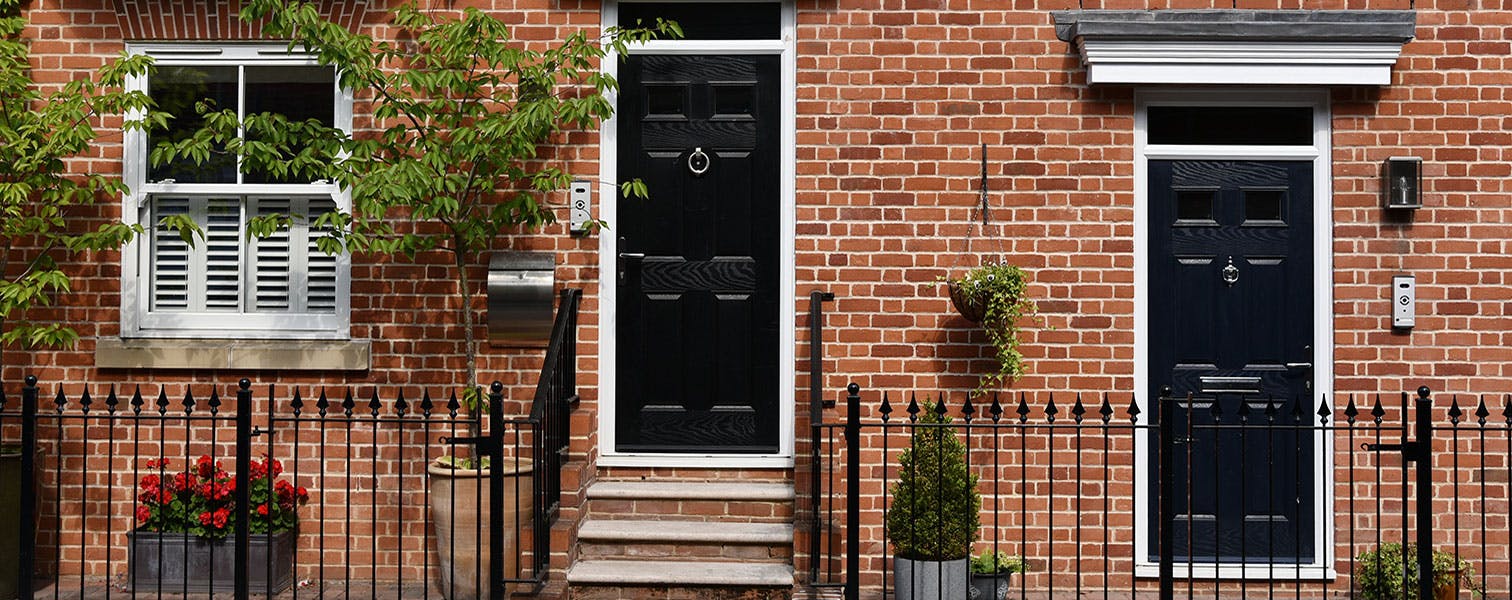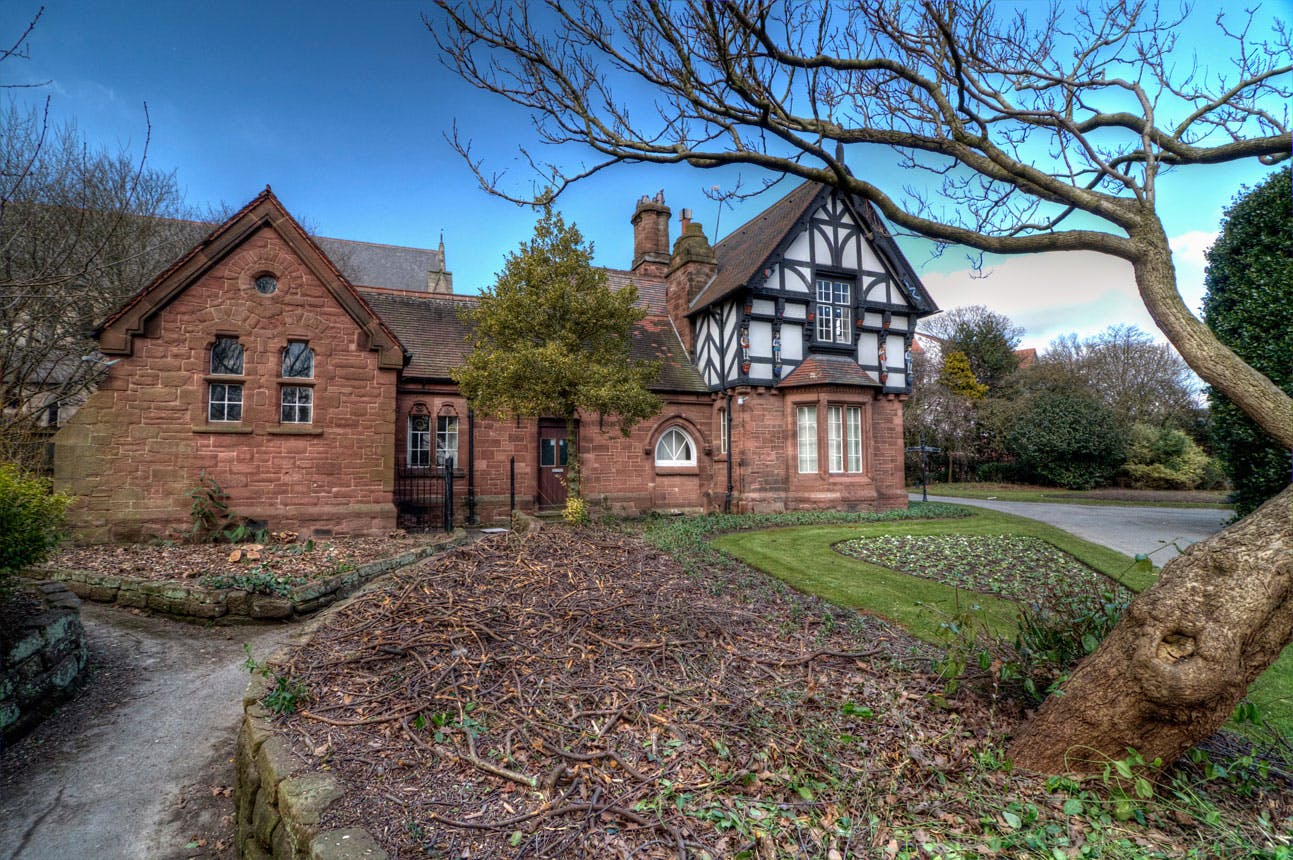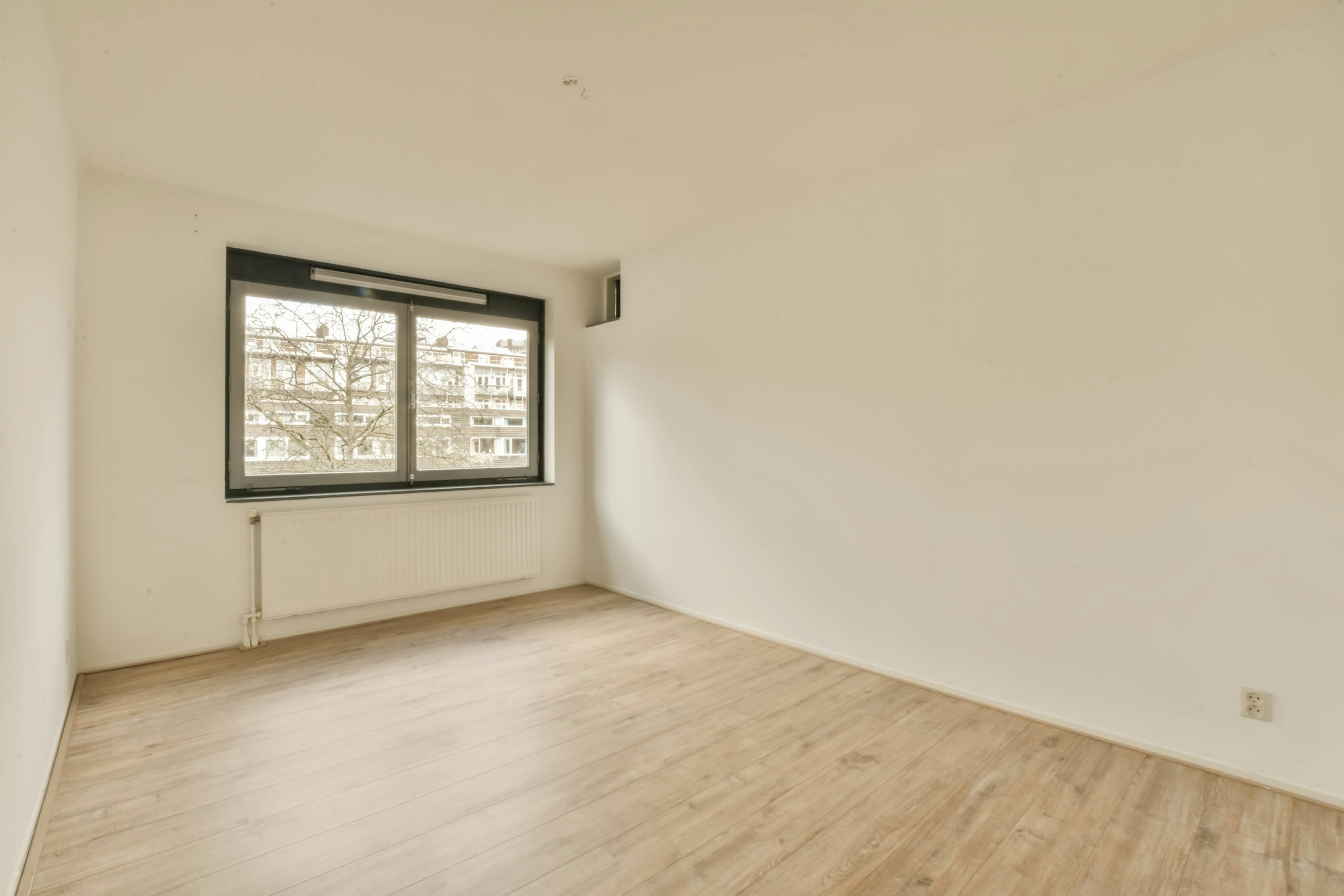
Unoccupied Property Insurance
Secure peace of mind with our comprehensive unoccupied property insurance, providing reliable cover to safeguard your investment and protect against unforeseen risks.
- Cover for property damage
- Property owners' liability
- Policy excesses of only £250
Unoccupied property insurance for residential property owners or landlords. A specific policy can be used when a property is not occupied. While some standard household policies offer minimal protection, most will not provide the level of cover required.
The Alan Boswell Group Difference
Having dealt with a variety of insurance requirements over a number of years, we appreciate that not all risks are standard. As an independent insurance broker we are not tied to any specific insurer, enabling us to select from a range of products suitable for your needs. We work closely with insurers and have access to options many of our competitors do not.

Unoccupied property insurance in detail
Non-standard risks can vary significantly and it is important you have the appropriate covers:
Property damage
Contents insurance
Property owners' liability
Unoccupied properties will be required to be visited once every 30 days.
Heating must be on from 1st October to 31st March or the heating system must be drained for unoccupied properties.
FAQs
Get in touch
Whether you need a quote, have a general enquiry, want to register a claim, or talk it through over the phone, we're here to help.








